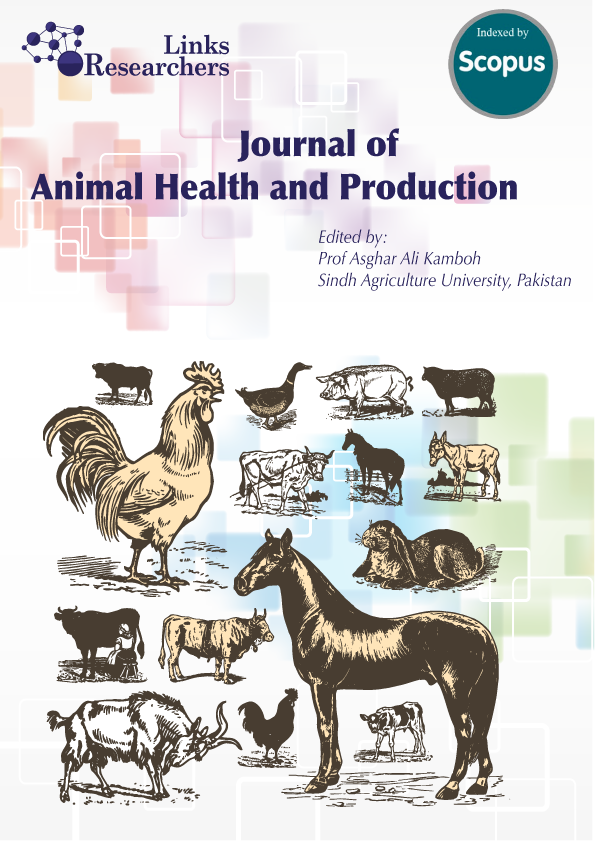Beer Waste as a Feed Additive: Impacts on the Health and Performance of Sheep
Beer Waste as a Feed Additive: Impacts on the Health and Performance of Sheep
Efi Rokana1*, Zein Ahmad Baihaqi1,2, Khoirul Wafa1, Kalvin Putra Wahyudatama1, Ferdian Ginanjar1, Rini Mastuti3, Amiril Mukmin1, Miarsono Sigit4
ABSTRACT
There is a growing trend in identifying alternative feed ingredients to address the issue of high production costs in sheep fattening systems. This research aims to determine the effect of utilizing beer waste on the performance and health of sheep. The study involved 24 female thin-tailed sheep, each approximately 7 months old. They were divided into four groups: a control group and three groups that received beer waste at 5%, 10%, and 15% of their ration. Feed consumption was measured by calculating the difference between the amount of feed given and the remaining feed. Initial body weight measurements were taken weekly before morning feeding. Blood samples were drawn from the jugular vein and analyzed for hematology and serum chemistry in a laboratory. The results did not show significant differences in productivity parameters (feed consumption, average daily gain, feed conversion, and income over feed cost) between control and beer waste fed groups. Health parameters, including hematology (hemoglobin, erythrocytes, leukocytes) and blood chemical parameters (total protein, blood urea nitrogen, creatinine), remained within normal ranges in all beer waste fed groups. The study concludes that incorporating beer waste into sheep rations provides the benefits of low cost and high protein content, with no detrimental effects on the health or performance of the sheep.
To share on other social networks, click on any share button. What are these?






